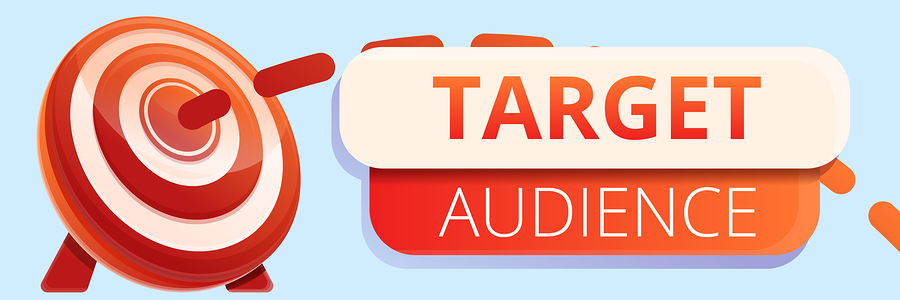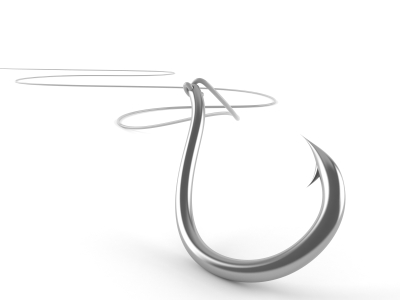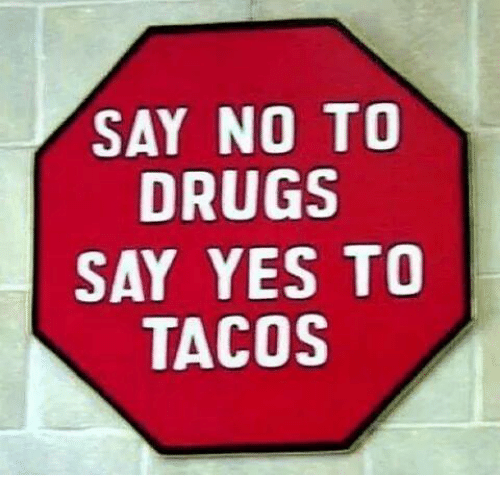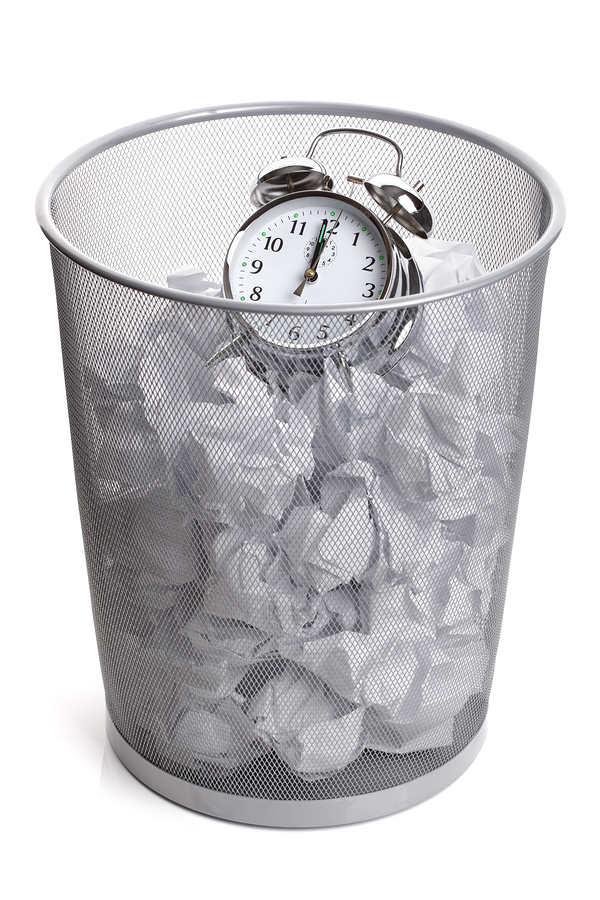A critical part of writing a good book—and a good pitch or proposal for a book—is defining your book’s audience.
We all know, of course, that you shouldn’t try to write a book “for everyone.” But your book’s audience can be an elusive target. I suggest three distinct and mutually exclusive phases for the process, which apply primarily to nonfiction but could also be kept in mind for various forms of fiction.
Define your reader clearly, specifically, even singularly, as you write. When I was an editor of a teen magazine (back when teens were mostly concerned with fighting off dinosaurs and getting their own room in the family cave), I kept two school snapshots taped to either side of my computer monitor. Both were kids who had attended the church I had pastored before taking on the editorial position. One was a fifteen-year-old white, lower-middle-class girl, and the other was a sixteen-year-old African-American boy from an upper middle-class family. They were my audience. Everything in that magazine had to pass their test, so to speak.
Broaden your audience as you revise. Just as you shouldn’t write a book for “everyone,” however, you shouldn’t write only for “Josephine.” So, give thought, perhaps in the writing but also in the revision process, to the broader audience to which you hope your book will appeal. This is an art, not a science, as you want your target to be as specific and as broad as possible. Say what? I know, I know. That’s why I say it’s an art. So, for example, a target audience of “middle-aged Christian mothers of young children suffering from Guillain-Barré Syndrome” is pretty specific; but it doesn’t seem likely to sell a lot of books. On the other hand, a target audience of “people dealing with diseases” is too broad, too general. See what I mean? It might help in the rewriting and pitching process to identify a target audience of “parents of children with chronic health issues.” That may not be the best example, but it shows how the thought process should go.
Keep “gatekeepers” in mind when you pitch. These phases overlap, obviously, but part of the process that is often overlooked is the fact that your book’s reader isn’t always the person who buys the book. When I teach workshops on writing nonfiction books, one of the first exercises I assign is to identify the person or people who “pick up/buy/read” the envisioned book. Sometimes that’s three different people. For example, a youth pastor and his wife enter a Christian bookstore. He goes straight to the pastors section (because he plans to be a senior pastor soon), and she goes to the youth section. She sees my book on the shelf and picks it up. She takes it to her husband: “Snookums, what do you think about giving this to the youth group as Christmas presents?” He takes it to the register, asks for fifteen more copies, and pays for them. But the book isn’t written primarily for the youth pastor or his wife, of course, but for the teens who will unwrap it at the youth group Christmas party. So, one person picked it up, another bought it, and a third person read it. The first two were the “gatekeepers”; and someone who writes for audiences such as children, youth, and (to a lesser extent, or so we hope) Christian men, should keep in mind that the book’s premise and presentation must appeal not only to the reader but also to the picker-upper and buyer—the “gatekeeper.”
Not everyone calls a spouse “Snookums,” and most people should buy more than sixteen copies of my book, but you get the idea. Defining your book’s audience takes some thought, but is a necessary part of the writing, revising, and pitching process.











